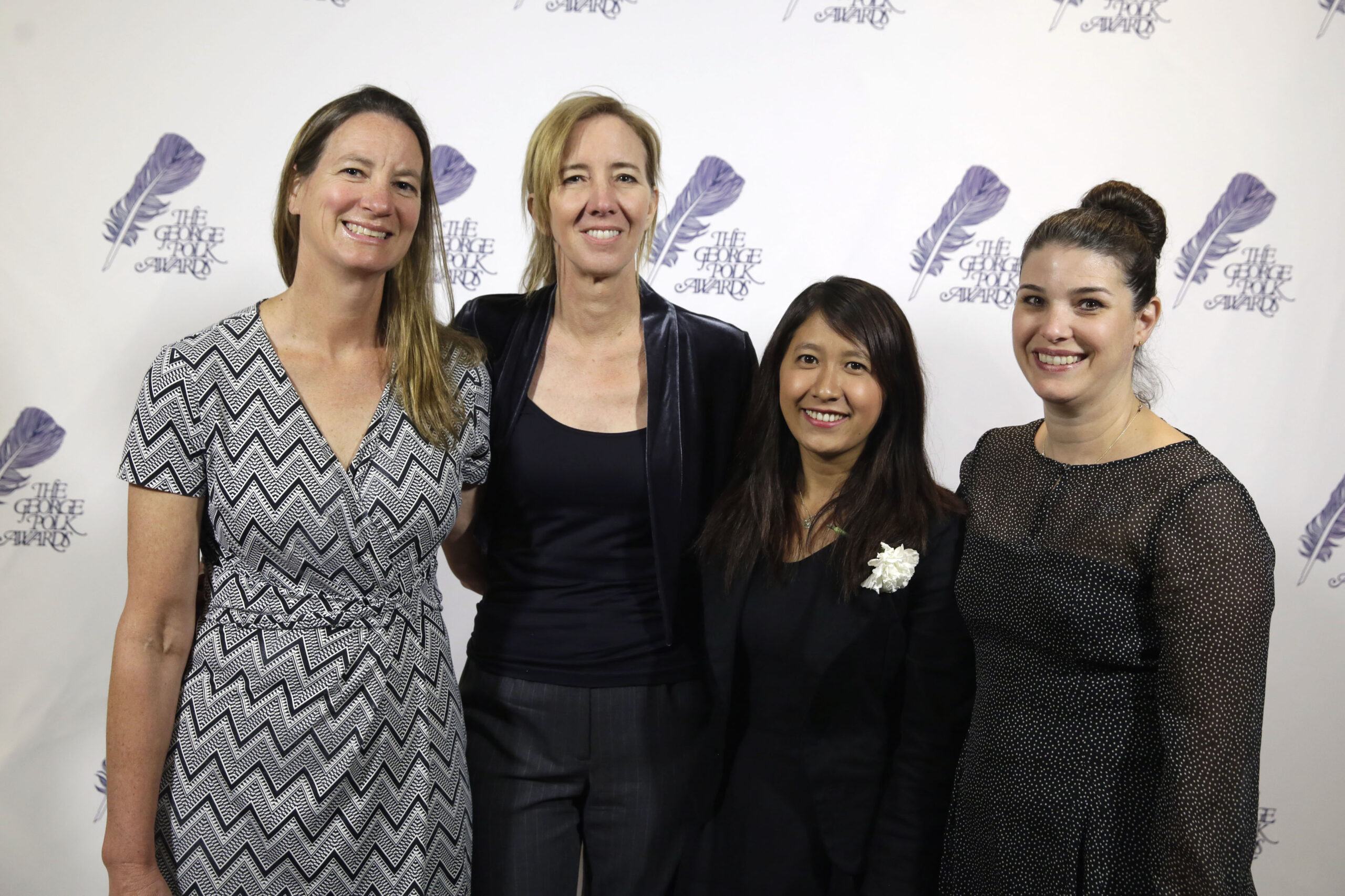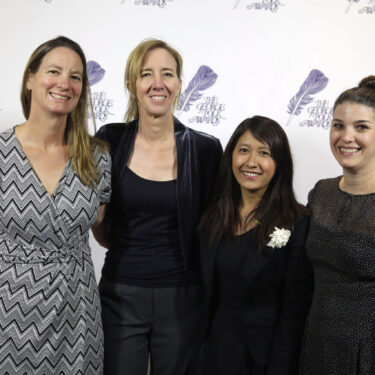NEW YORK – The Associated Press today won the Pulitzer Prize for Public Service based on its international investigation of the fishing industry in Southeast Asia that freed more than 2,000 slaves and traced the seafood they caught to supermarkets and pet food providers across the U.S.


The achievement is the 52nd Pulitzer Prize won by AP.
The reporting by Esther Htusan, Margie Mason, Robin McDowell and Martha Mendoza also led to the arrests of a dozen people, the seizure of ships worth millions of dollars and the introduction of legislation in the U.S. Congress to create greater transparency from food suppliers.
“The AP journalists accomplished two goals that had eluded others,” AP Senior Vice President and Executive Editor Kathleen Carroll wrote in her nomination letter to the Pulitzer judges. “They found captive slaves, countering industry claims that the problems had been solved. And they followed specific loads of slave-caught seafood to supply chains of particular brands and stores, so companies no longer could deny culpability.”
The reporters put themselves at personal risk as they investigated. They were chased by company officials threatening to ram them with their speedboat after fishermen aboard a trawler begged for their help. For four days, they hid in the back of a truck to log the names of ships loaded with tainted seafood, hiding from gunmen from the fish mafia.
The reporters tracked the trucks to cold storage and processing factories and, using customs records and business databases, traced the cargo to U.S. distributors.
“With courage, integrity and tenacity, this team of journalists has shaken up the $7 billion-a-year Thai seafood export industry, engaged governments, corporations and consumers,” Carroll wrote.
Before publishing the first story in March 2015, AP sought help from the International Organization for Migration to rescue the men on the Indonesian island of Benjina who were quoted. The reporters returned to Benjina a week later when hundreds of other slaves were evacuated.
Addressing AP staffers at the cooperative’s New York headquarters today, Carroll said: “This is AP’s 52nd Pulitzer Prize but our very first for Public Service. Unique among the Pulitzers, the Public Service Gold Medal is awarded not to individuals, but to a news organization, recognizing that it takes a sustained commitment across that organization to support and deliver work like the fish slaves project.
“That kind of commitment is the embodiment of the AP mission, which is shared by each and every one of the people who work here.”
In a comment directed at AP journalists, Carroll highlighted their contributions, “whether you have any connection to this particular project or not. Because each of you go about your work every day with passion and determination to make sure we uncover secrets, that we stand up for people who don’t have a voice, that we use the tools of our craft to inform the world and occasionally, right wrongs that need to be righted.”
AP President and CEO Gary Pruitt told the gathering it was “a significant day in the 170-year history of the AP. The series was some of the most outstanding pieces of journalism ever produced by AP, or anyone else for that matter … And isn’t this the reason we all work at AP: to support and further work like this? To inform. To have an impact and to maybe, just maybe to make this world a better place.”
The Pulitzer Prize caps a long string of awards for the work of Htusan, Mason, McDowell and Mendoza, including the George Polk Award for Foreign Reporting and the gold Barlett and Steele Award for Investigative Business Journalism.
Their work is also the subject of a new AP book, “Fishermen Slaves: Human trafficking and the seafood we eat.”
Contact
Paul Colford
Vice President
and Director of Media Relations
The Associated Press
212.621.1895
PColford@AP.org
Lauren Easton
Media Relations Manager
212.621.7005
LEaston@AP.org

